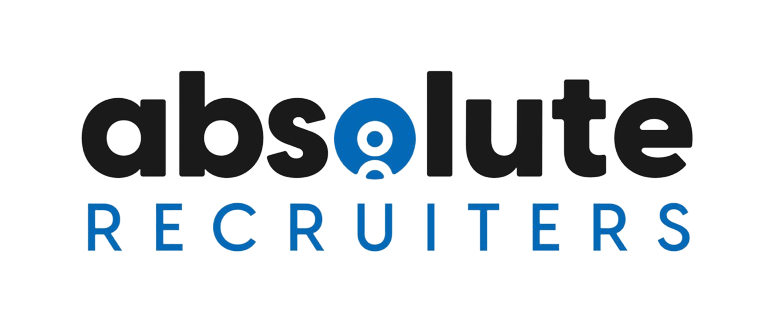6 Personal And Career Development Skills For 2022
The need for personal and career development skills cannot be overemphasized. Employers today are faced with the task of filtering out under-skilled workforce in their selection process. And with more than 500,000 graduates pouring out of Nigerian higher institutions yearly, the competition for job roles for both experienced and graduate candidates has become steep.
Hence, the recruitment market has been characterized by a focus on applicants who can easily demonstrate their technical skills to recruiters, such as having a specific academic background or the capabilities to use a specific piece of software.
While it is good to know the art of your trade or profession, to have technical, digital, or even practical knowledge to carry out your tasks is not enough.
Every job position from top to bottom requires decision-making, interaction, collaboration, and composure. These are some of the soft skills employers look out for in their filtering and selection process.
The average employee today has to be well acquainted with multiple skill sets to increase their chances of being picked for various job roles they apply for.
Related article: How to get a dream job in a competitive market
Nevertheless, recruitment is advancing…
One emerging theme we’ve noticed in recent years is that recruiters’ demand for soft skills is on the rise, and while hard skills remain important, HR professionals are now placing a greater emphasis on the more transferable skill sets rather than hiring based solely on hard skills.
Personal and career development skills for today’s workforce
In this article, we will list the top 6 skills you need to stand out and excel in any industry.
1. COMMUNICATION
Communication among other skills is one of the top priorities for hiring managers to look out for in a potential candidate. Knowing how to Listen, Speak, and Write effectively is not just a plus but mandatory in today’s job market.
Listening
As an employee, you need to have the patience to hear others out and in so doing it helps you make a better judgment on how to respond. Whether it’s a colleague, client, or subordinate the right composure and listening skills show intellect and professionalism.
Speech
Knowing how to talk to others is a key factor in getting along with colleagues, clients, Bosses, and indeed everyone you make contact with. Learn to use the proper tone of voice and body language. As a tip, learn to count your words and try to keep any emotions in check, especially in the workplace.
Writing
In this context, it includes your emails, briefs, reports, and presentations. You need a good command of spoken as well as written English or in other cases the language of communication in your part of the world. Also, learn to go through your work for corrections before sending them out.
2. CREATIVITY
Creativity is a key factor in coming up with new ideas in problem-solving. Some say people are born to be creative but while that remains an arguable assumption, in the real sense there are things you can do to become more innovative at work.
A few of these methods include:
- Try to find new ways to tackle problems
- Keep a notepad handy
- Maintain a clutter-free work area
- Have brainstorming sessions
- Network more often
- Take a break when you feel overwhelmed.
3. TIME MANAGEMENT
This is another key skill for success in the workplace and in general. Proper time management is closely tied to Multitasking. Often times your role will require multiple tasks and if you don’t know how to manage your time, you can have backlogs of work on your hands. Time management helps to reduce stress and makes you’re your work doesn’t eat into your personal time. It also helps in getting things done more efficiently. Here are some time management tips;
- Do the right things at the right time
- Make a priority based To-Do List before you start your daily tasks
- Avoid distractions like unofficial calls, social media, and in-office chats
- Organize tomorrow’s tasks before the closing of work.
4. EMOTIONAL INTELLIGENCE
This is the ability to be under control and be aware of your emotions when relating to people around you, colleagues, superiors, and especially clients or customers. Newbies take note, that this particular skill can be spotted right at the interview stage an interviewer can turn up the heat to see in you can keep it all in check. Remember “tone of voice and body language”, emotional intelligence helps you communicate better and shows maturity.
These are some ways you can build emotional intelligence:
- Identify your stressors. Knowing those things in your workplace that lead to stress can help you find ways to make them less stressful or even avoid the occurrence entirely. Skills like proper time management can be useful here.
- Learn to manage your negative emotions. You can do this by not allowing them to get the better of you. Practice deep breathing and meditation as these help you build an inner consciousness of your emotions. Also before letting your emotions take hold, try to be objective in reasoning with the current negative situation before making conclusions.
- Work on your communication skills. Knowing the right words to use in a given situation can go a long way in resolving things quickly. Choose a tone of voice that is calm, respectful yet affirming. Your body language also plays a key role here; try not to make threatening moves by keeping still or placing your hands at your sides or in your pocket.
5. RESEARCH AND ANALYTICS
An employee should learn to approach a problem or challenge analytically and this can be done through proper research. The problem in itself requires careful thought to determine the right area and topics to research. Try to play out the possible scenarios around the problem and like the saying goes “a problem known is a problem half solved”.
Having an analytical mind requires attention, practice, and experience; this can be achieved through case studies of similar problems in the past and learning steps that were taken to achieve the solution.
Recruiters also have a way of ascertaining a candidate’s level of experience when it comes to research and analytics. They do this through Reasoning tests and Quantitative analytical tests.
Research and Analytics is one of the most important key skill set required of an employee especially mid-level and senior staff.
6. REPORTS AND PRESENTATION
A very useful and mandatory skill to learn is how to report and present your work, research, and problem-solving ideas to your superiors, colleagues, and in some cases clients. It makes no sense if after much work and research no one is able to understand what you have done or how it will impact the challenge that is in question.
Want to improve on your personal and career development skills? Send us a message today.


